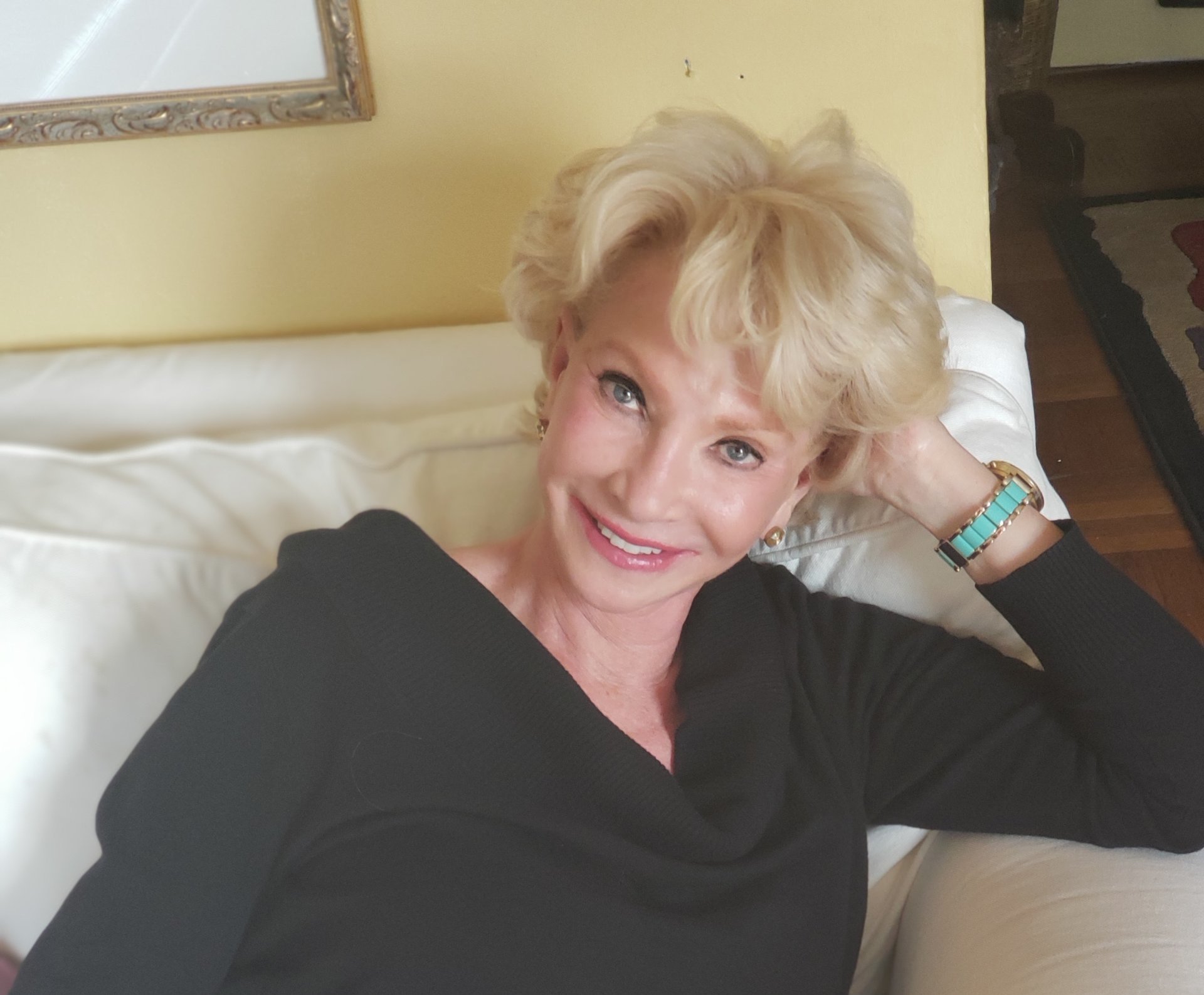Ask Beatty: Are You Enabling People to Hurt You?

”My children disrespect me.” “He cheats on me.” “She drinks too much.” “She refuses to have sex.” “He abuses me.”
These are typical complaints that I hear from my patients on a regular basis. It’s certainly disappointing, frustrating and at times frightening to be in a dysfunctional and unhappy relationship. However, an all-important underlying question that we all need to be willing to answer honestly is: Why am I allowing my partner, children, colleagues, friends or business associates to disrespect and hurt me? And more importantly, what if anything am I prepared to DO about it?
No relationship is perfect. There are always going to be issues, large and small, that need to be acknowledged, addressed and resolved. And no one likes confrontation. But if we are not able and willing to let the people in our lives know when they have overstepped their boundaries and that we will not tolerate their disrespectful or abusive behavior, we cannot expect their behavior to change. And why would it, when there are no consequences? And believe it or not, there are people who may not even be aware of (or even care) how their behavior is hurting you.
WHAT ROLE ARE YOU PLAYING THAT HELPS TO KEEP THE DYSFUNCTION GOING?
In every relationship people dance a dance. At times we are in step with each other and at other times it’s the missteps that seem to define our relationships. What do we do when we discover that the dance is no longer fun and in fact has become unbearable or even dangerous? We do have choices, although it may seem that we don’t. We can do nothing. We can complain. We can withdraw. We can threaten to leave. We can accept the role of doormat. We can hope and dream that things will get better on there own. Or we can make a decision that we no longer will enable or accept the status quo and and begin to make preparations to exit the toxicity.
An enabler is someone who for a variety of reasons feels powerless and has learned and is willing to accept destructive and self destructive behavior. Some of these explanations include: fear of abandonment and financial ruin, fear of being alone, poor self-esteem, a family history where these types of behaviors were normalized and accepted or a conscious or unconscious false belief that he/she is to blame and is therefore deserving of maltreatment.
Although some or all of these fears and beliefs may be real, the enabler plays a very important role in keeping the dysfunctional dynamic going. And yes, it does take a lot of courage to be able to say ‘enough is enough’ and be willing to walk away from a toxic situation. Yet many people remain in untenable situations because of their own fears and unresolved problems. The reality however, is that sooner or later, these toxic relationships have the potential to destroy us emotionally, psychologically and even physically.
I recently received this letter from a woman from Westhampton. She writes:
Dear Beatty,
I am a 27-year-old professional woman who has been in a relationship with John for the past two years. He has cheated on me and at times our relationship has become violent. He has had legal problems because of his drug issues, but still refuses to get help. You probably think I am crazy, but I really love him. We have broken up many times, but always end up getting back together. I recently found out that I am pregnant and really don’t know what to do. I need some advice.
Amanda G., Westhampton
Dear Amanda,
I am truly sorry for your situation. My question to you is this: Why do you think that you have stayed in such an abusive and dysfunctional relationship with someone who has hurt you over and over again? Although John clearly has his own problems, I think it’s important for you to first figure out why you have agreed to and enabled this destructive, self-destructive and self-sabotaging relationship to go on for two years? That’s the real question. Did you happen to come from an abusive family where you may have learned that abuse was a ‘normal’ part of a relationship? Where did you learn that your needs for love and security are not important? You say that you love him. However, is sounds like there is little if anything loving about your relationship. Love is not abuse. Love is about respect, commitment, consideration, sharing, caring, patience, empathy, trust and a willingness to work out problems.
Since you’re about to become parents, it would be the perfect time to get some much needed professional help- both individually and as a couple. And if he refuses to go, you need to go by yourself. Do you really want to bring an innocent child into the toxicity that you describe. Please let me know if I can help you learn about what real love is and how to learn to take better care of Amanda.
If not now, when?

Beatty Cohan, MSW, LCSW, AASECT is a nationally recognized psychotherapist, sex therapist, author of For Better for Worse Forever: Discover the Path to Lasting Love, national speaker, national radio and television expert guest and host of the weekly “Ask Beatty Show” on the Progressive Radio Network. She has a private practice in NYC and East Hampton.
Beatty would love to hear from you. You can send your questions and comments to her at beattycohan.msw@gmail.com. For more info, go to beattycohan.com.


